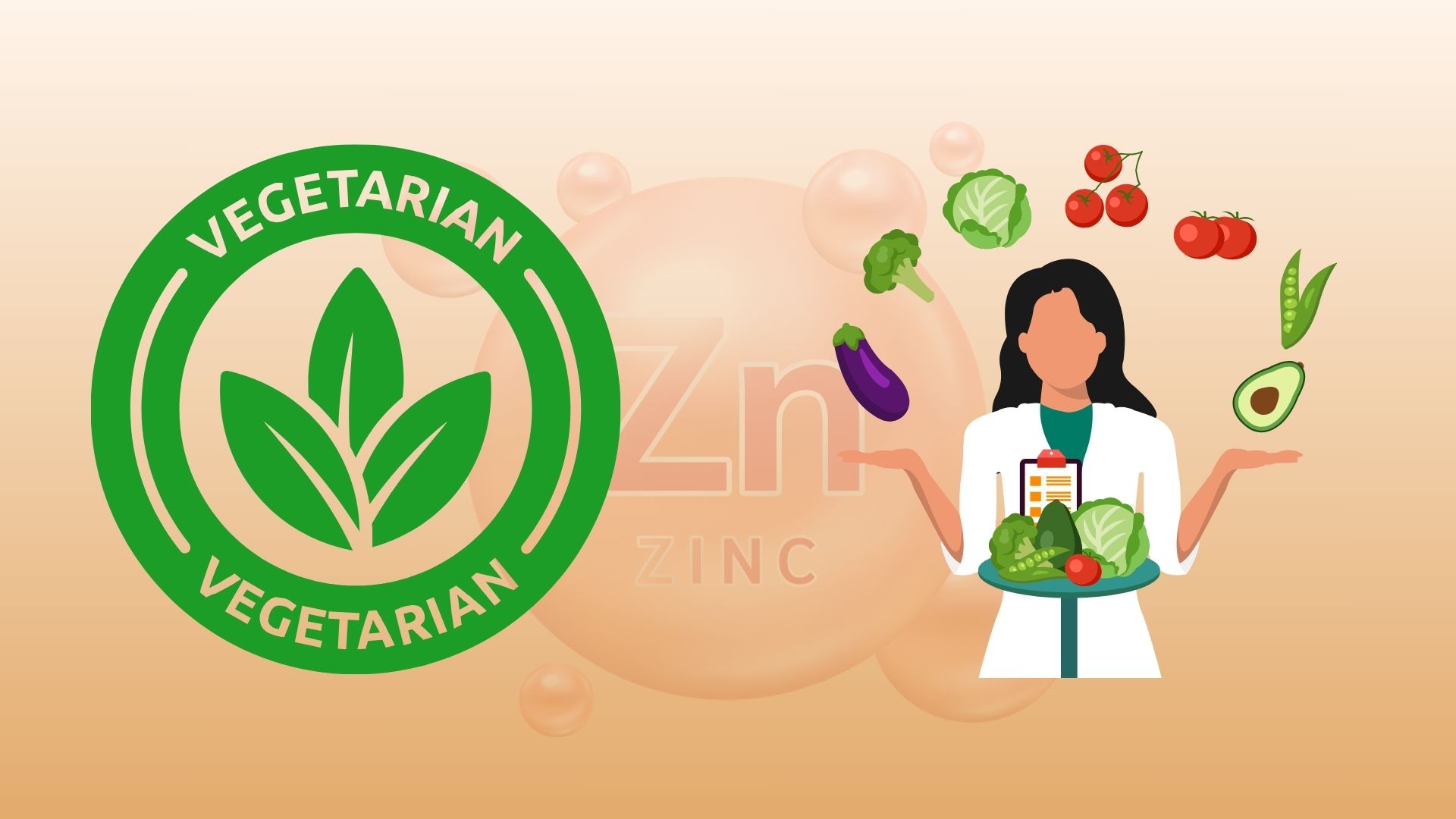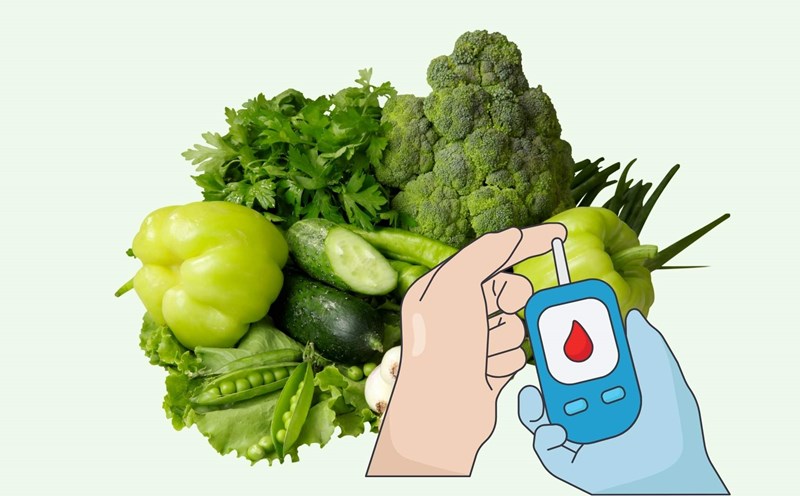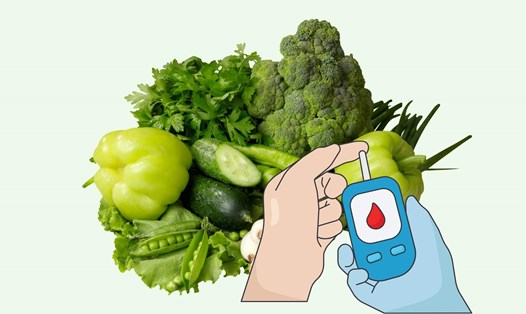1. Beans
Chickpeas, lentils and green beans are not only rich in protein but are also an excellent source of zinc. Combine with foods rich in vitamin C such as bell peppers and tomatoes to increase zinc absorption.
2. Seeds
Sunflower seeds, pumpkin seeds and sesame seeds are abundant sources of zinc. They also contain omega-3 fatty acids and healthy fats, which can improve your heart and brain health. You can sprinkle them on salads, yogurt or oatmeal.
3. Seeds
Cashews and almonds provide a moderate amount of zinc along with essential nutrients such as magnesium and healthy fats. They can be used as snacks, eaten raw or spread on cakes.

4. Milk
Cheese and milk not only provide calcium but also provide zinc. Along with that, these nutrients can help maintain bone health and protect the immune system. Choose products to replace fortified milk if you are vegetarian.
5. Whole grains
Quinoa, brown rice and oats are nutritious, zinc-rich options. Since cereals containing phytate can inhibit zinc absorption, so so soak or sprout first to absorb zinc better.
6. Vegetables
Vegetables provide zinc, but the content is often lower than animal food sources. Some vegetables rich in zinc include spinach, kale, broccoli, mushrooms and peas.











